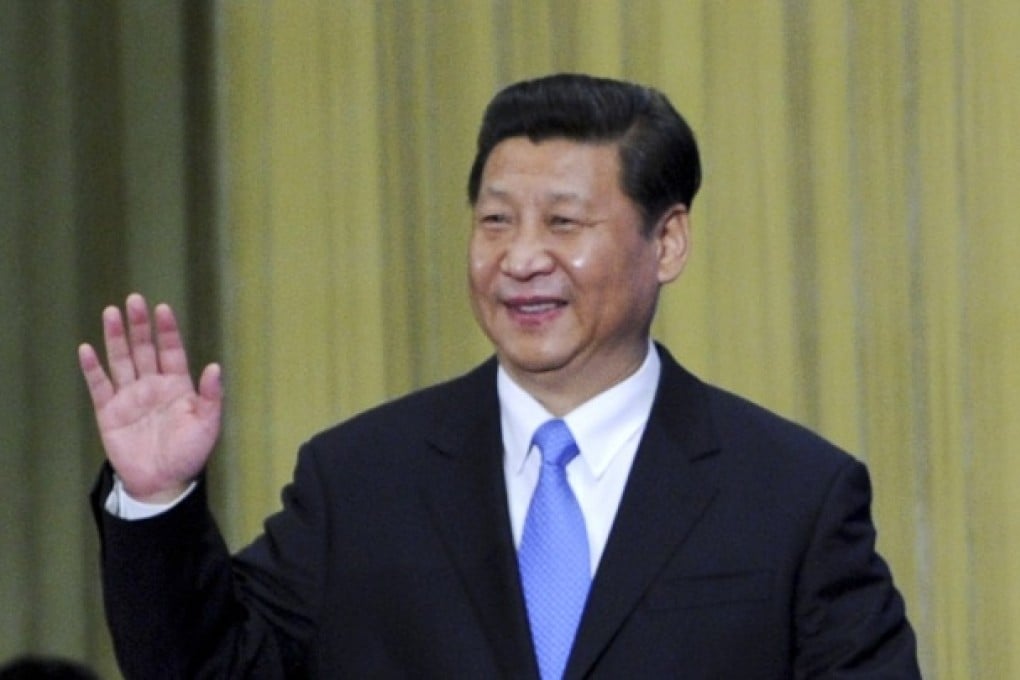Opinion | Xi follows in Mao's footsteps on path to consolidate power
The president's push to clean up the party may employ old tactics, but there's reason to hope he wants more than just another purge

"Look in the mirror, dress properly, take a bath and see a doctor."
Such advice might strike the ears of most people as plain and harmless. But that kind of order coming from the president and party chief surely sends shivers down the spines of many of the Communist Party's 80 million members.
Most of them understood that when the Politburo announced Xi Jinping's campaign rid the party of "formalism, bureaucratism and behaviour that suggests mediocrity, laziness, laxity and extravagance", what it really meant was: "Clean up your act. Or we'll clean it up for you."
The year-long campaign, unveiled on April 19, requires any officials from the county level or higher to "reflect on their own practices and correct any misbehaviour", according to Xinhua. It aims is to improve the party's bond with the people, as well as fight corruption.
The campaign represents Xi's first major anti-corruption drive since Xi he came to power in November, vowing to make the fight against graft one of his top priorities.
Many mainlanders are likely to view the move with equal measures of cynicism and scepticism. Indeed, it has become a kind of "formalism" that every now and then - particularly after new leaders come to power - the party strikes out at formalism, bureaucratism, laxity and extravagance.
